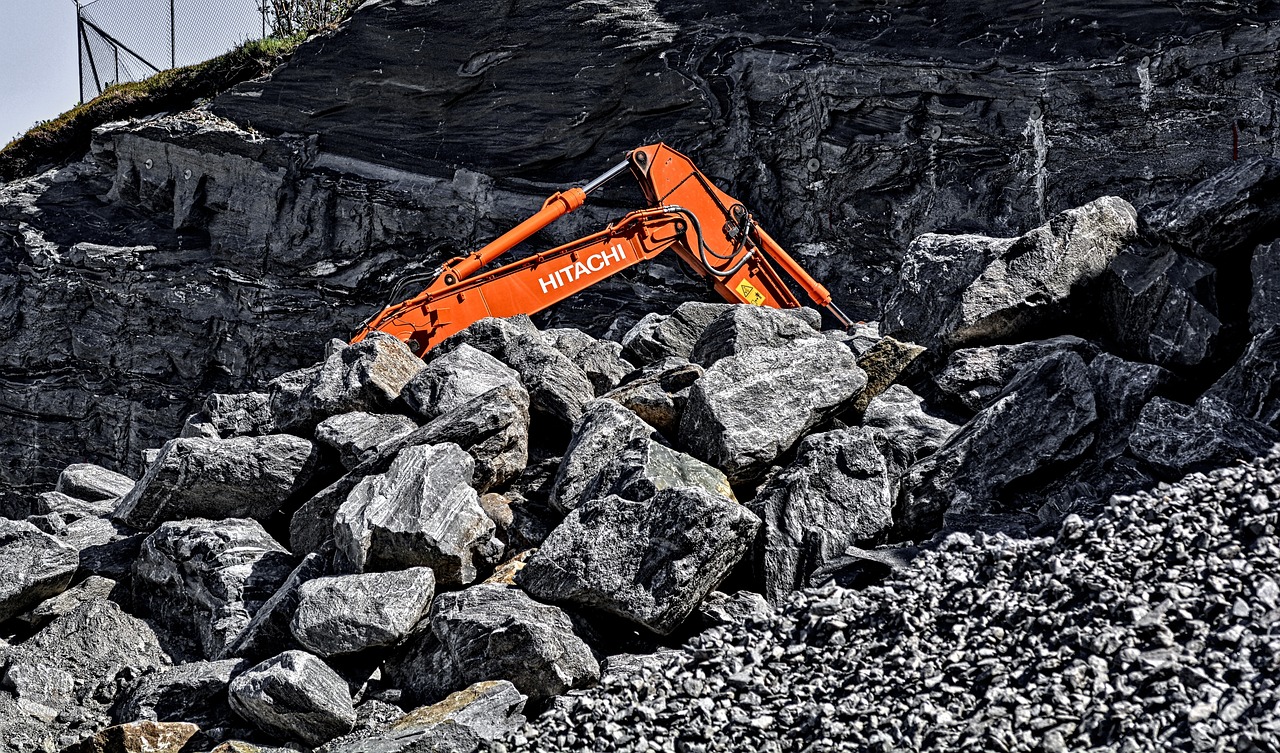Nigeria’s mining sector holds great potential. It has a wealth of mineral resources and human capital but needs help with significant challenges. From the lack of essential data to inadequate infrastructure and rampant illegal mining, these issues hinder the growth of this sector.
This article explores the estimated $2 billion to $3 billion in losses due to these problems, as highlighted by Peter Nwaobi, a senior manager at KPMG Nigeria. We will delve into each challenge and potential solutions.
The Potential of Nigeria’s Mining Sector
Nigeria is rich in minerals, with over 44 identified commercial deposits nationwide. The sector could provide substantial revenue, create jobs, and generate foreign exchange earnings.
However, these benefits still need to be explored due to various obstacles. The need for comprehensive geoscience data is a primary hurdle. This data is crucial for attracting investors providing essential information about mineral reserves and their viability.
The Importance of Geoscience Data
Geoscience data is vital for the mining industry. It helps investors understand what lies beneath the earth’s surface, allowing them to make informed decisions. With this data, it is easier to estimate the potential returns on investment accurately.
Nigeria has progressed in this area with initiatives like the Mineral Reserve Decision Support System. This online portal provides real-time information about the country’s mineral resources. However, more work is needed to make this data comprehensive and accessible.
The Cost of Collecting Geoscience Data
Collecting geoscience data is expensive. It requires sophisticated equipment and expertise, which can be costly. The Nigerian government has enlisted global geophysics firms to help gather this data.
While significant progress has been made, much more is needed to attract serious investors. The need for complete geoscience data is an essential deterrent for potential investors.
Infrastructure Challenges in the Mining Sector
In addition to data issues, Nigeria’s mining sector faces significant infrastructure challenges. Transportation is a primary concern. Efficient and profitable mining operations require reliable transportation to move minerals from mines to markets. The rail system is the most effective means of transportation globally, but Nigeria’s rail infrastructure needs to be improved.
A robust transportation network is essential for the mining sector. It ensures that minerals can be transported efficiently from mines to processing facilities and ports.
The previous administration invested in rail infrastructure, but more connections are needed. A well-connected rail network would make it easier to transport minerals across the country, boosting the mining sector’s efficiency and profitability.
Recent Developments in Rail Infrastructure
The Nigerian government has made some strides in improving rail infrastructure. The commissioning of the Itakpe-Warri rail line in 2021 was a significant step forward. This strategically important rail line links the Ajaokuta Steel Plant to the port.
However, more needs to be done to create a comprehensive rail network. Expanding the rail system to connect more mining areas with ports would greatly benefit the sector. Insecurity is another major issue affecting Nigeria’s mining sector. Illegal mining and smuggling are rampant, causing significant financial losses.
The government estimates that Nigeria loses between $2 billion and $3 billion annually due to these activities. Insecurity also deters foreign investors, who are wary of the risks associated with operating in unstable regions.
The Role of Illegal Mining and Smuggling
Illegal mining is a significant problem in Nigeria. It causes financial losses and poses serious safety and environmental risks. Illegal mining operations are often unsafe, leading to accidents and fatalities.
They also damage the environment, causing long-term harm to local ecosystems. The government has taken steps to combat illegal mining, including establishing the Nigerian Mining Cadastre Office and deploying mining marshals. However, more efforts are needed to address this issue comprehensively.
Government Efforts to Combat Illegal Mining
The Nigerian government has implemented several measures to curb illegal mining. Establishing the Nigerian Mining Cadastre Office aims to regulate mining activities and ensure compliance with the law.
Additionally, deploying mining marshals helps monitor mining operations and prevent illegal activities. These efforts have had some success, but more needs to be done to tackle the root causes of illegal mining and smuggling.
The Need for a Robust Fiscal Framework and Project Funding
A robust fiscal framework is crucial for attracting investment in the mining sector. Investors need clear and supportive legislation to feel confident about their returns. Nigeria’s mining laws are outdated and must be revised to reflect current realities. Additionally, mining is capital-intensive, and access to funding is essential for large-scale operations.
Updating Mining Laws to Attract Investment
Nigeria’s mining laws were last updated in 2007 and do not reflect current global trends and standards. Modernizing these laws to include environmental, social, and governance (ESG) principles would make Nigeria more attractive to multinational investors.
ESG investing is increasingly important to investors, and aligning Nigeria’s laws with these principles would signal a commitment to sustainable and responsible mining practices.
Providing Access to Project Funding
Access to funding is a significant challenge for mining companies in Nigeria. The government has established the Solid Minerals Development Fund to support mining projects financially.
However, accessing these funds can be difficult due to bureaucratic hurdles and a need for more awareness. Streamlining the application process and increasing awareness about available funding options would help more companies secure the necessary capital for their operations.
Conclusion
Nigeria’s mining sector has immense potential, but it faces significant challenges. From the lack of comprehensive geoscience data to inadequate infrastructure, rampant illegal mining, and outdated laws, these issues must be addressed to unlock the sector’s full potential.
The government has made some progress, but more efforts are needed to create a conducive environment for investment and growth. By tackling these challenges head-on, Nigeria can harness its rich mineral resources to drive economic development and improve the lives of its citizens.
